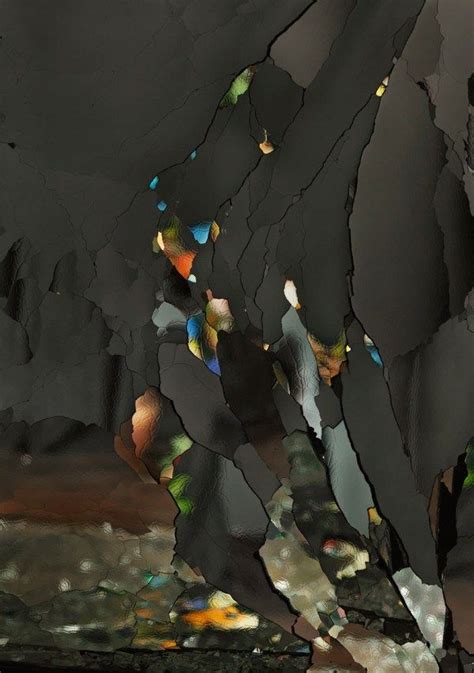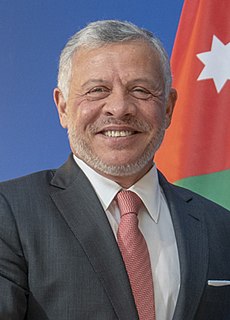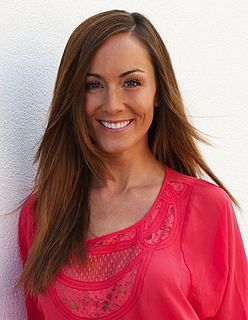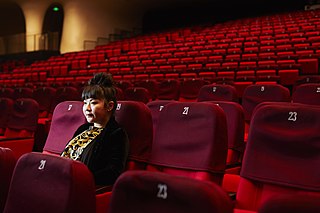A Quote by Ori Gersht
Violence can be very grotesque and also intensely attractive. What interests me is how the two - beauty and violence - live side by side, and how moments can be created and erased almost simultaneously. Destruction is painful, but at times it can be very cathartic.
Related Quotes
Non-violence is a very powerful weapon. Most people don't understand the power of non-violence and tend to be amazed by the whole idea. Those who have been involved in bringing about change and see the difference between violence and non-violence are firmly committed to a lifetime of non-violence, not because it is easy or because it is cowardly, but because it is an effective and very powerful way.
Violence maims not only the body but also the mind and spirit. As Pierre Bourdieu has argued, it lies "on the side of belief and persuasion." If we are to counter violence by offering young people ways to think differently about their world and the choices before them, they must be empowered to recognize themselves in any analysis of violence, and in doing so to acknowledge that it speaks to their lives meaningfully.
My approach to violence is that if it's pertinent, if that's the kind of movie you're making, then it has a purposeI think there's a natural system in your own head about how much violence the scene warrants. It's not an intellectual process, it's an instinctive process. I like to think it's not violence for the sake of violence and in this particular film, it's actually violence for the annihilation of violence.
[Albert Camus]didn't have much hope that things would work out, but he wanted them to. Algeria had reached such a degree of violence that once such violence is created there's no more room for reflection. And there's no mediating position. If you look at Bosnia today, the Croats, Bosnians and Serbs, they've all created so much horror that one starts to wonder how these peoples can live together, after having done what they have. Already the violence has reached such a degree that everybody is living in hate, there's no possibility of reflection, no mediating position.
I must remind you that starving a child is violence. Suppressing a culture is violence. Neglecting school children is violence. Punishing a mother and her family is violence. Discrimination against a working man is violence. Ghetto housing is violence. Ignoring medical need is violence. Contempt for poverty is violence.
You can't assume if you do something contentious that people will be on your side. The moment violence enters the story, the story changes. Then the question is, "How do you face up to violence?" And then you have to have a no-compromise position. And this is quite simply a lesson we learn in the school playground.




































